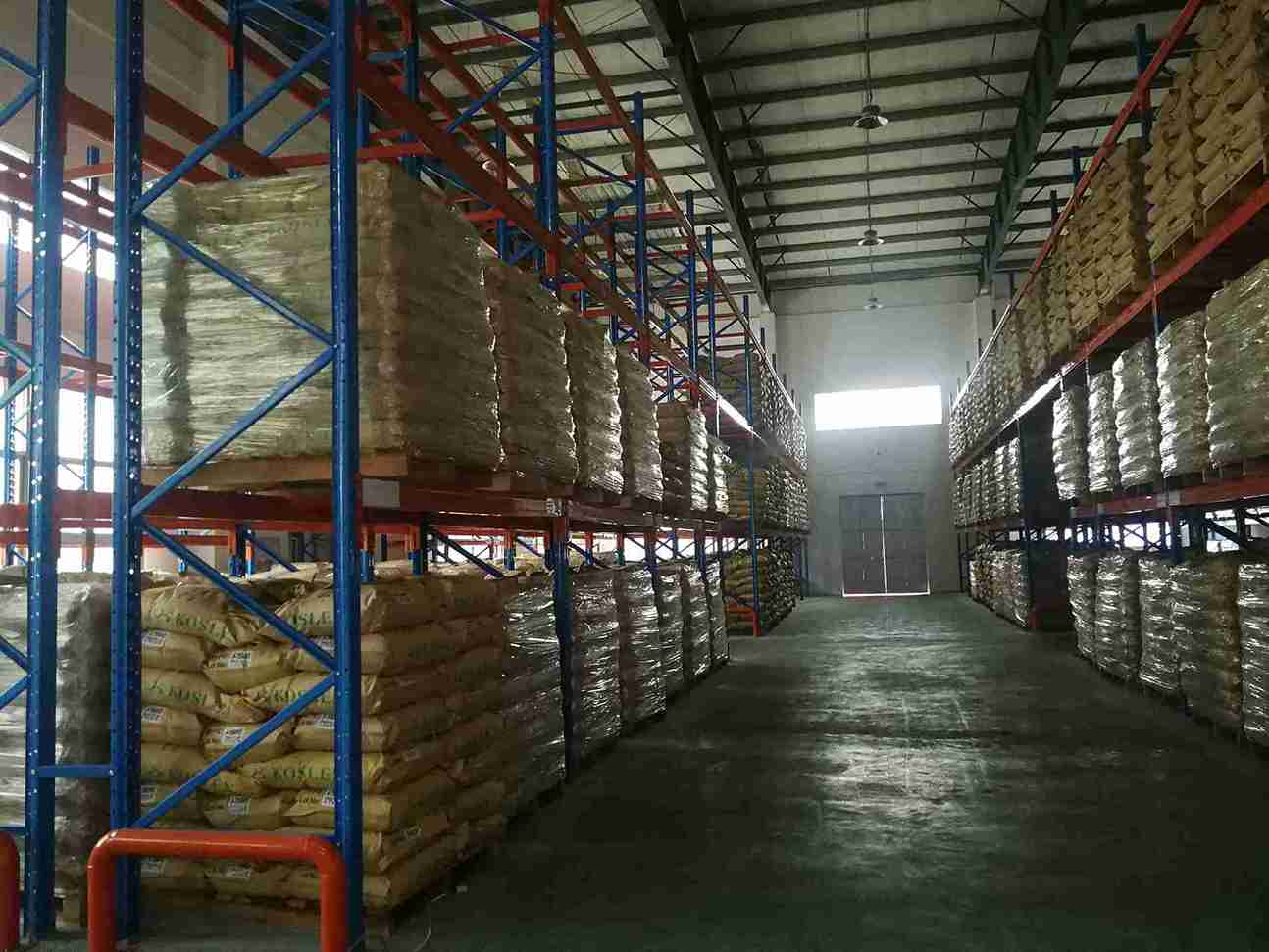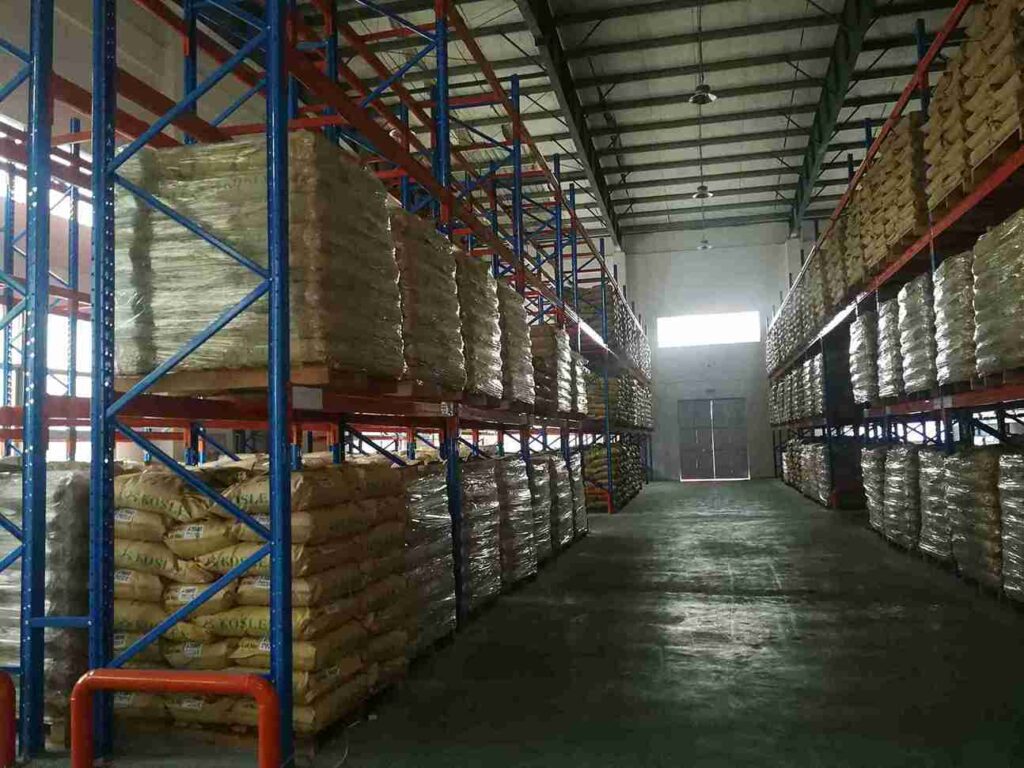📐 "First 50 Enterprise Queries Get Custom 3D Warehouse Design" Plan

Introduction: Why Industrial Racking Financing Options Matter
For warehouse managers and logistics operators, industrial racking financing options play a pivotal role in maintaining cash flow while upgrading storage infrastructure. High-quality pallet racking, cantilever racks, and mezzanine systems require substantial capital—often between $50,000 to $500,000+—making financing a necessity rather than a luxury.
This guide dives deep into the best industrial racking financing options, comparing loans, leases, vendor programs, and alternative solutions. By understanding these choices, businesses can optimize budgets, reduce tax burdens, and future-proof warehouse operations—all while avoiding the pitfalls of poor financing decisions.

1. The Business Case for Industrial Racking Financing Options
1.1 The Rising Cost of Warehouse Storage Systems
Modern industrial racking systems are no longer just steel beams and shelves—they now integrate automation, IoT sensors, and load optimization tech, driving costs higher. Without smart industrial racking financing options, businesses risk:
-
Cash flow shortages from large upfront purchases
-
Outdated storage systems that limit efficiency
-
Missed tax incentives available through financing
1.2 How Financing Preserves Working Capital
Instead of draining reserves, industrial racking financing options allow companies to:
-
Spread payments over 3-10 years
-
Allocate capital to inventory, labor, or expansion
-
Maintain liquidity for unexpected expenses
1.3 Tax Advantages of Financing Industrial Racking
The IRS Section 179 deduction and bonus depreciation allow businesses to write off up to $1.16 million (2023) of financed racking systems in the first year. Leasing can also provide operational expense deductions, reducing taxable income.
2. The Top 5 Industrial Racking Financing Options Compared
2.1 Equipment Loans: Ownership with Fixed Rates
Best for: Companies with strong credit wanting long-term ownership
-
Interest rates: 4%–8%
-
Terms: 3–10 years
-
Collateral: The racking itself secures the loan
Case Example: A Midwest 3PL secured a $250,000 equipment loan at 5.2% APR, saving $38,000 vs. leasing over seven years.
2.2 Operating Leases: Flexibility Over Ownership
Best for: Businesses needing frequent upgrades
-
Payments: Lower than loans (no equity buildup)
-
End-of-term options: Return, renew, or buy
-
Tax treatment: Payments often 100% deductible
Pro Tip: Negotiate a fair market value (FMV) clause to avoid overpaying if buying later.
2.3 SBA 7(a) & 504 Loans: Government-Backed Solutions
Best for: Established SMEs needing low rates
-
Rates: 3%–6% (below market)
-
Terms: Up to 25 years for real estate (including mezzanines)
-
Down payment: As low as 10%
Key Limitation: Requires 2+ years in business and strong revenue.
2.4 Vendor Financing: Streamlined Approval
Major racking suppliers (e.g., UNARCO, Ridg-U-Rak) often offer:
-
Deferred payments (e.g., 90 days before first installment)
-
Seasonal payment plans for cyclical businesses
-
Bundled discounts (racking + installation financing)
Watch Out: Vendor rates can be 2%–4% higher than bank loans.
2.5 Revenue-Based Financing (Alternative Lending)
Best for: Startups or businesses with uneven cash flow
-
Approval speed: 24–48 hours
-
Repayment: Fixed percentage of monthly revenue
-
No collateral required
Trade-off: Effective APRs can exceed 20% if sales slump.
3. How to Choose the Best Industrial Racking Financing Option
3.1 Credit Score Requirements
| Financing Type | Minimum FICO | Ideal Score |
|---|---|---|
| SBA Loan | 680 | 720+ |
| Bank Equipment Loan | 650 | 700+ |
| Vendor Financing | 600 | 650+ |
| Lease | 620 | 680+ |
| Revenue-Based Loan | 550 | N/A |
3.2 Total Cost Analysis: Loan vs. Lease
Scenario: $100,000 racking system over 5 years
-
Loan at 6%: $115,827 total
-
Lease at 8%: $121,665 total
-
Lease-to-own at 7%: $119,200 total
Verdict: Loans win for long-term owners; leases for tech-heavy systems needing refreshes.
3.3 Hidden Fees to Negotiate
-
Origination fees (1%–5% of loan amount)
-
Prepayment penalties (common in leases)
-
Insurance requirements (lenders may mandate excessive coverage)
4. Industry-Specific Financing Strategies
4.1 E-Commerce Warehouses
Priority: Scalability → Operating leases allow easy upgrades for peak seasons.
4.2 Cold Storage Facilities
Challenge: Corrosion-resistant racking costs 30%–50% more → SBA 504 loans for 20-year terms.
4.3 Manufacturing Plants
Solution: Section 179 + state manufacturing grants can cover 40%+ of costs.
5. Future Trends in Industrial Racking Financing
-
Green financing incentives for energy-efficient racking (e.g., solar-compatible mezzanines)
-
Blockchain-based lending for faster supply chain financing
-
AI-driven credit scoring expanding access for newer businesses
6. Conclusion: Maximizing Value in Industrial Racking Financing
Selecting the right industrial racking financing option requires balancing cost, flexibility, and tax benefits. Key takeaways:
-
Loans suit stable businesses prioritizing ownership.
-
Leases optimize cash flow for tech-driven warehouses.
-
SBA/vendor programs offer niche advantages.
By auditing credit, total costs, and growth plans, logistics leaders can secure terms that enhance ROI—not just defer expenses.
FAQs
1. Can I refinance industrial racking debt later?
Yes, but penalties may apply on leases. Loans can often be refinanced at lower rates.
2. Do lenders require appraisals for used racking?
Typically yes—expect a 3rd-party inspection for systems over $50,000.
3. How does inflation impact financing decisions?
Fixed-rate loans lock in today’s rates, while leases may have CPI-linked escalators.
4. What’s the shortest lease term available?
12-month short-term leases exist but carry 30%+ higher monthly costs.
5. Can non-profits access racking financing?
Yes—municipal bonds and specialty lenders cater to NGOs and schools.




